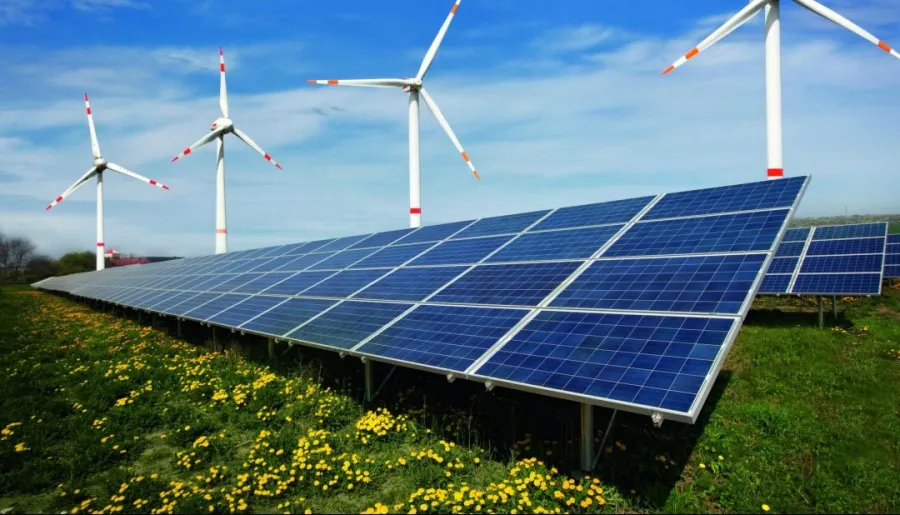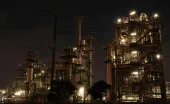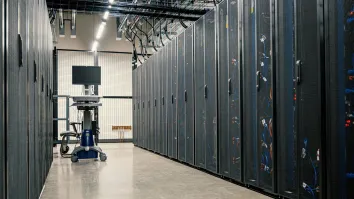
Renewables investment in Australia interrupted by shaky energy policy
Renewable electricity targets and incentives of all states are highly divergent from each other.
Whilst investment in renewable energy in Australia is set to keep flowing for the next few years, it is being interrupted by the absence of a stable and predictable energy policy, Moody’s Investors Service said.
"We expect renewables to comprise a growing share of Australia's electricity generation, with the large utilities driving ongoing demand for renewable energy projects in the longer term," said Nicholas Chapman, a Moody's vice president and senior analyst. Investment is expected to be driven by state government targets, industry demand renewable energy as a means to mitigate exposure to climate risk, and improved economics.
New committed renewable energy projects are mainly situated in Victoria and Queensland, with wind and solar being the respective dominant fuel sources. According to the Climate Council, households with solar PV installations comprise 14.2%, 29.6%, and 28.8% of the total in Victoria, Queensland, and South Australia, respectively.
The committed and proposed development pipeline, however, is larger, more diversified, and includes hydro initiatives. Victoria has a renewable energy target of at least 20% by 2020, Queensland has 50% by 2030, whilst South Australia has 50% by 2025.
Also read: Australian wind-solar hybrid project amps up plans after Macquarie investment
Despite the healthy pipeline, Moody's pointed out that some investment is being hindered by policy uncertainty, with significant divergence evident across states in renewable electricity targets and associated investment incentives.
A report by the Climate Council revealed that some regions currently do not have targets for renewable energy generation. With the exception of Western Australia, all states and territories have committed to renewable energy targets and/or net zero emissions targets. Western Australia generates only 7.5% of its electricity from renewable energy, a slight increase from 7% in 2016.
"Energy policy varies significantly across the various states and territories, with uncertainty in particular surrounding each government's commitment to achieving a generation mix that balances the need for security of supply, low emissions, and cost-effectiveness," Chapman added.
Moreover, as policy changes could affect energy prices, consumers have shown reluctance in entering into the long-term, fixed-price power purchase agreements (PPAs) typically used to fund new projects.
Similarly, the credit profiles of most standalone renewable projects are constrained by their small scale, single-asset nature, and exposure to price and volume risk, Moody’s added. The length of any PPAs entered into has a direct bearing on credit risk for such projects, given the potential for cash flow volatility on expiry of the agreement.
Moody’s capped off its report and said gas-fired generators will continue to play an important — although evolving — role in Australia's energy markets.
“Whilst the elevated cost of gas means it will play a smaller role in providing baseload power and will be used more for transition capacity, the operational flexibility of gas-fired generators allows for rapid dispatch to firm the intermittent supply of renewable generation,” the firm added.



















 Advertise
Advertise




